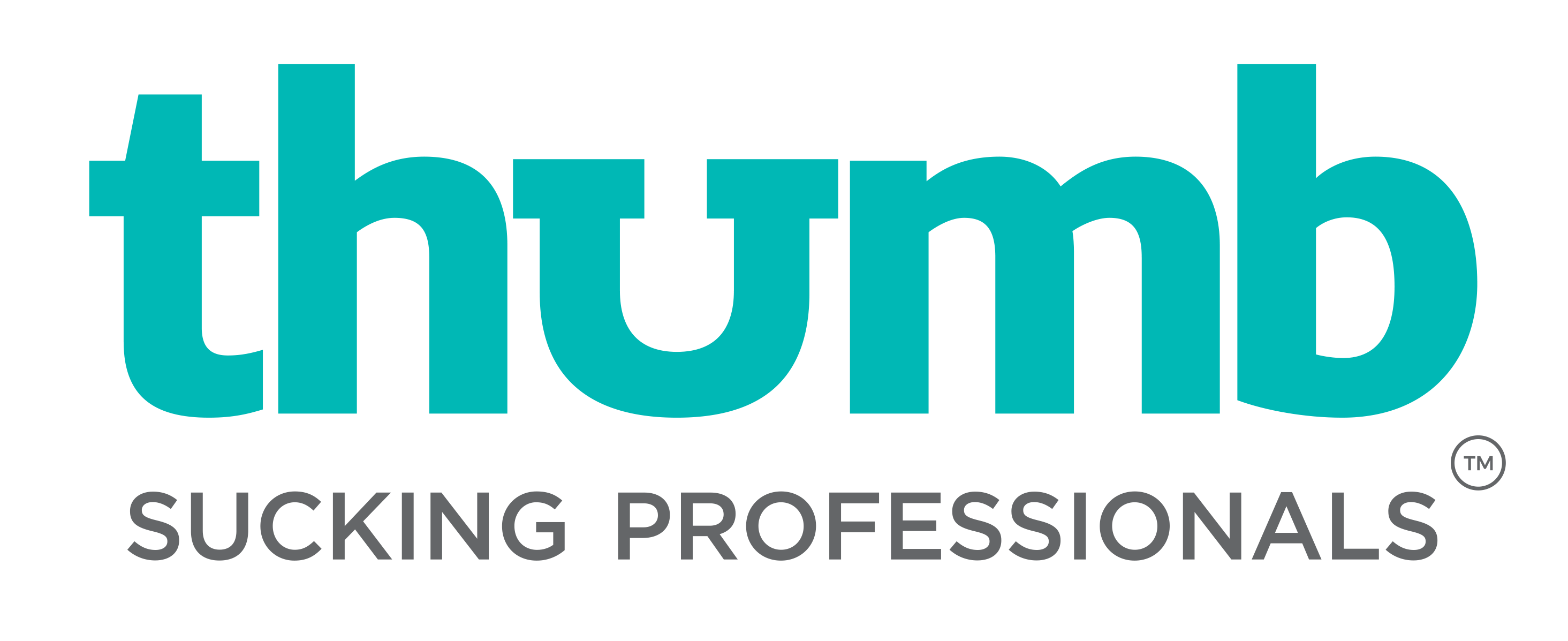Menu
HOW DO I BOTTLE FEED MY BABY FOR GOOD ORAL DEVELOPMENT?

Many Mums can’t or choose not to breastfeed, so what is the best way to bottle feed your baby for good oral development.
Here are a couple of quick tips to keep in mind when bottle feeding your baby:
– DON’T FEED BABY LYING FLAT. Its best to hold bub upright on more of a 45-90 degree angle. This helps bub to control milk flow, and reduce the risk of milk entering the eustachian tubes (tube that connects the nasopharynx to the inner ear) and causing blockages or infection.
– WATCH THEIR BODY LANGUAGE. Just like you and me, babies like to enjoy their food,and part of that is being in control. By watching baby’s hands, face and body as the feed progresses, you can often tell if your baby needs to take a rest or is struggling. Taking breaks during bottle feeding is not only fine, its a good idea.
– THERE IS NO SUCH THING AS A BOTTLE TEAT THAT IS THE SAME AS THE BREAST, SO DON’T STRESS ABOUT FINDING ONE. We are yet to find a bottle teat that works with the same mechanics as a breast. In breastfeeding, the nipple reaches all the way back to where the baby’s soft palate and hard palate meet and there are very few teats that do that. So look for a teat that is longer (not necessarily wide like a breast shape). Surprisingly, I have had feeding colleagues tell me that often its the cheapest Coles/Woolworths brand that come the closest to this.
– GET HELP. If you are concerned about your baby’s bottle feeding, don’t be afraid to seek help. Health professionals such as experienced midwives, child health nurses and Speech Pathologists with infant feeding training are a wealth of knowledge in this area, and can be a great source of support.
BOTTLES ARE FOR BABIES – This is really important. At 6 months old, babies begin to develop chewing and swallowing skills. They can begin to take sips out of little medicine sized cups and straws. Bottles should begin to take a backseat for bubs as they approach 1 year old and should be in the bin by 12 months. Long term bottle use can confuse children’s oral development skills and dysfunctional habits become programmed into the brainstem. Keep bottles for babies and don’t even bother with sippy cups.
Why not?
I’m glad you asked! I’ll get back to you in another post shortly on sippy cups and why you should avoid them like the plague!
In the meantime, share this or tag someone who might find this valuable.
Have a great Monday.
Carla xx
Share
Tweet
Share
Pin
